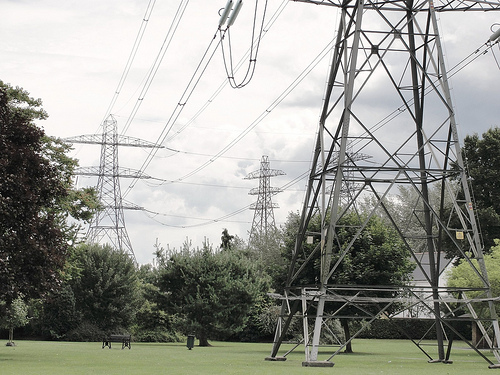The nationwide introduction of voltage control across the UK’s electricity network could reduce demand by 4GW, according to distribution network operator (DNO) Electricity North West.
The DNO has been trialling its Customer Load Active Class System (CLASS) following a grant from the Low Carbon Network Fund. The aim behind the trial was to evaluate the impact of voltage control on customers and whether this would be acceptable.
Electricity North West installed smart voltage controllers in substations, which were linked to its control centre. The equipment then automatically stabilises the network and keeps voltages at safe levels.
By controlling the voltage on the electricity network, Electricity North West said that it is easier to add more intermittent low-carbon technologies onto the electricity network.
Since the trial began in Spring 2014, Electricity North West installed voltage control equipment at 60 substations, which served over 480,000 customers.
The results of the trial found that voltage and demand have a linear relationship i.e. a 1% reduction in voltage equals a 1% reduction in power. In real terms, if the DNO dropped the voltage by 1% a customer’s kettle would take around 8 seconds longer to boil but surveys carried out by Electricity North West discovered that customers did not notice the difference – something the DNO classed as a “huge success”.
According to the DNO, if the CLASS trial was rolled out nationwide it could provide the UK with:
-
Low cost high speed frequency support
-
3GW demand reduction or boost
-
2GVAr National Grid voltage control
-
Reinforcement deferral
-
24/7 voltage/demand relationship matrix






